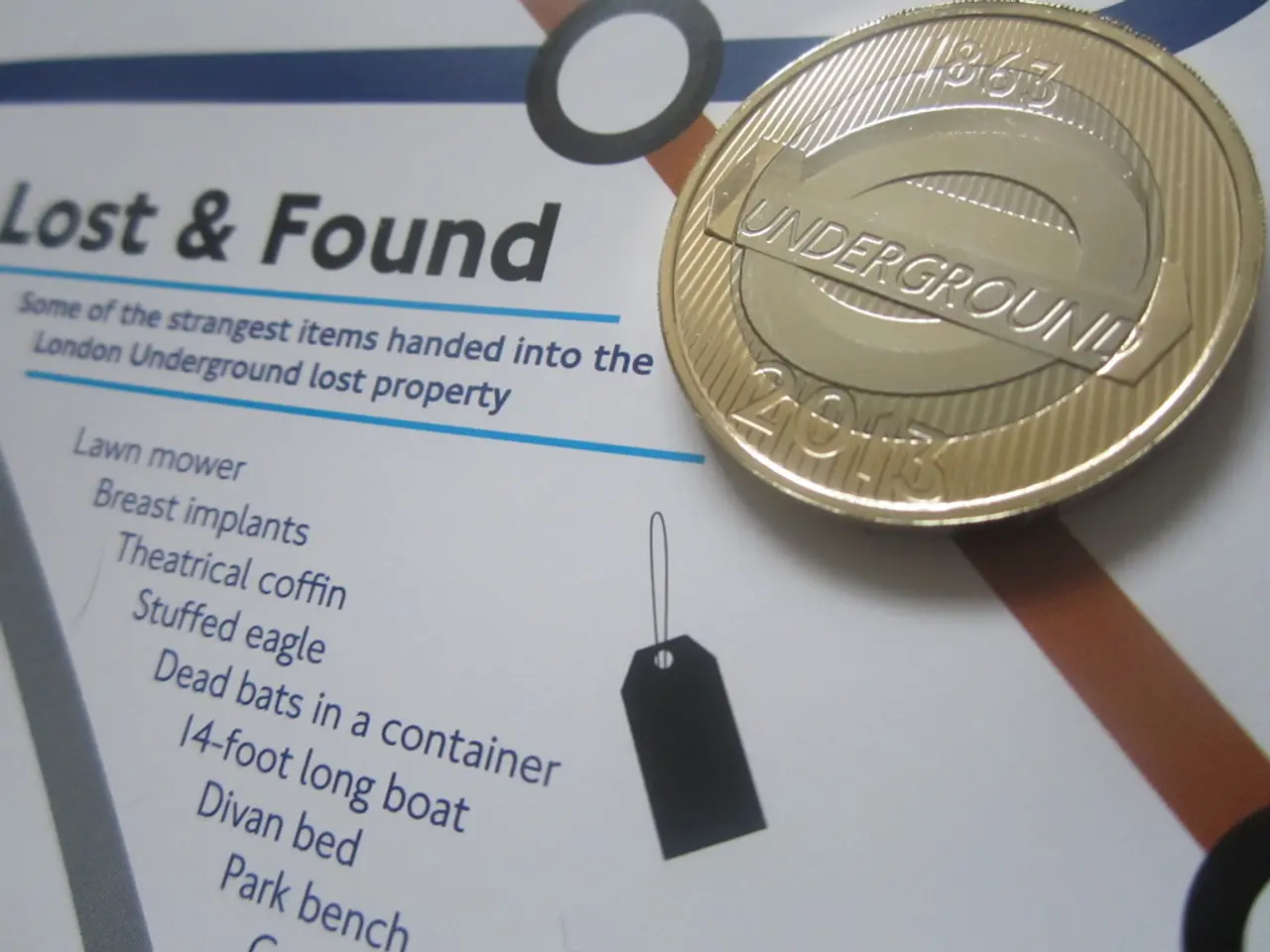Tokenization rallying call made by central bankers at IMF event
In the realm of financial technology, a significant initiative named Project Pine is making strides. This ongoing project, led by the Bank for International Settlements (BIS) and partner central banks, including the Reserve Bank of Australia (RBA), is exploring the use of distributed ledger technology (DLT), tokenization, and smart contracts to revolutionise cross-border payments and settlements.
The BIS Innovation Hub has been actively showcasing Project Pine alongside other projects like Promissa and Aperta, highlighting their potential impact on the evolution of financial market infrastructures. In 2025, the Federal Reserve and BIS jointly published a research study on Project Pine, signalling a collaborative exploration of the feasibility of central banks implementing tokenized systems for cross-border payments.
The Reserve Bank of Australia is currently piloting Pine, paving the way for a future payments architecture based on digital money and tokenization technology. The BIS Innovation Summit 2025 featured Project Pine, underlining its role in transforming cross-border payments via advanced technology.
Despite these advancements, Project Pine remains in the pilot and research stages, with no public announcement indicating it has moved beyond these phases into live, large-scale operational use. The project's focus is on verifying technical feasibility, interoperability, and regulatory compliance in a collaborative international setting.
Agustin Carstens, outgoing BIS general manager, has outlined a roadmap for central banks to steer tokenization into the mainstream. He emphasised that programmability within tokens enables new types of contingent transactions. Carstens used the example of ATMs to illustrate how emerging economies can integrate new technology more easily than developed ones.
Early adoption of tokenization by developing countries could potentially lead to financial advancement for their economies. However, concerns have been raised about tokenization contributing to fragmentation in European markets, with Piero Cipollone, Director of the European Central Bank (ECB), emphasising the need for encouraging competition and innovation.
Project Pine is not the only initiative of its kind. The BIS has also been working on Project Agora, a tokenized cross-border payment system involving multiple central banks and private sector firms. The European Commission is giving considerable attention to tokenization as an important tool in its efforts to enable a capital markets union.
The vision for a global financial system where any financial asset can be transferred using any device, known as the Finternet, was developed by Agustin Carstens and Infosys Chairman Nandan Nilekani. The roadmap for the Finternet includes clearly articulating the vision, coordinating with other regulators to provide a regulatory framework, enabling foundational assets, providing basic foundational infrastructure to ensure interoperability with the unified ledger, and fostering a public-private sector partnership.
During the IMF Spring meetings, a panel discussed DLT and tokenization of financial markets, highlighting the big ambition for using tokenization to shift the boundaries of the financial system. Tobias Adrian moderated the panel and observed no lack of ambition in the vision of the panelists. Mr. Nilekani outlined the requirements for the Finternet to become a reality: user centricity, unified architecture, and universal availability.
As Project Pine and similar initiatives continue to develop, the future of cross-border payments and financial systems as a whole appears poised for significant transformation.
- Project Pine, an initiative led by the Bank for International Settlements (BIS) and partner central banks, is employing distributed ledger technology (DLT), tokenization, and smart contracts to revolutionize cross-border payments and settlements in the financial technology realm.
- Agustin Carstens, the outgoing BIS general manager, has proposed a roadmap for central banks to guide tokenization towards mainstream adoption, emphasizing programmability within tokens as a key enabler for new types of contingent transactions.
- The European Commission is paying significant attention to tokenization as an essential tool in its endeavor to foster a capital markets union, while also addressing concerns about potential fragmentation in European markets.
- The BIS has additionally been involved in Project Agora, a tokenized cross-border payment system collaborating with multiple central banks and private sector firms.
- During the IMF Spring meetings, speakers discussed the tokenization of financial markets, envisioning a future where any financial asset can be transferred using any device, marking a significant transformation for cross-border payments and financial systems as a whole.




